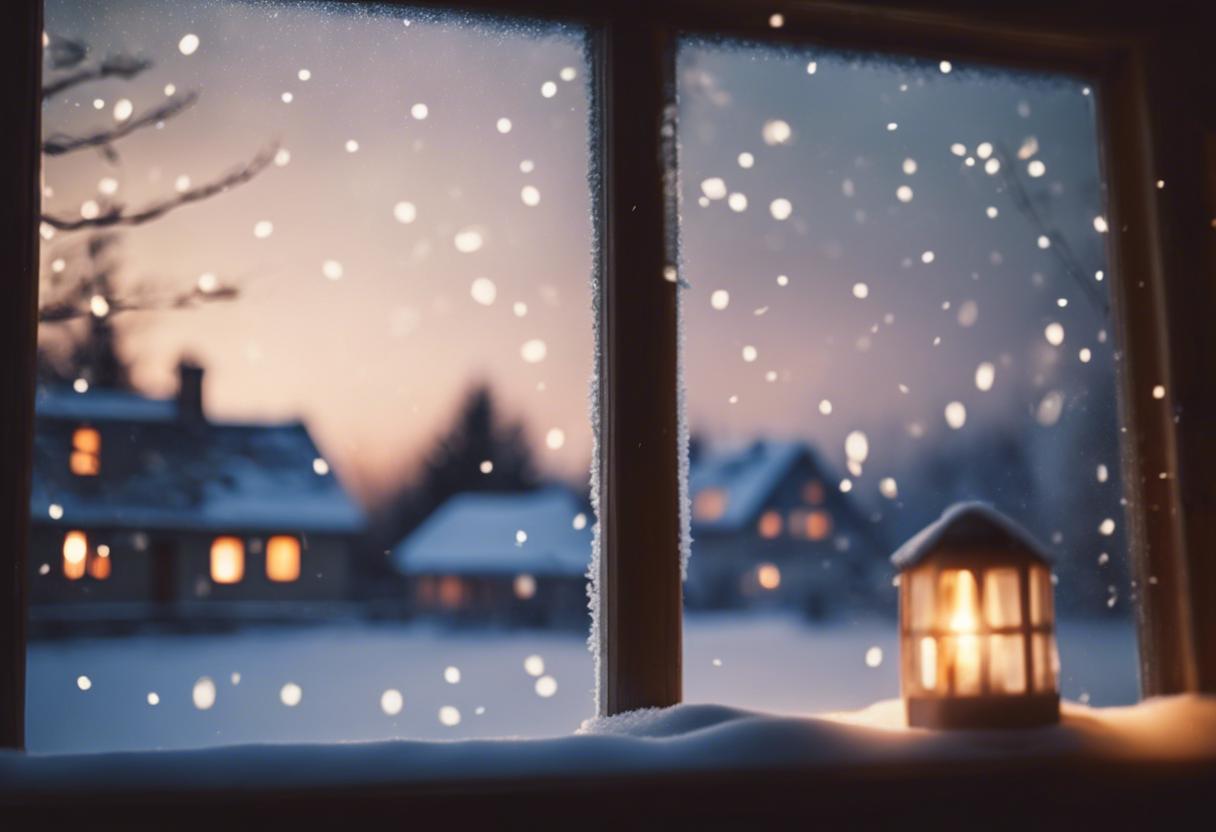The onset of winter brings with it the grim reality of intensifying cold, lingering darkness, and increasing dampness. These conditions not only dampen spirits but contribute to soaring prices for utilities and necessities. From heating and illuminating our homes to ensuring our sustenance, everything seems to come with a heftier price tag in winter, extracting a bit of joy from life.
Awaiting the return of summer entails a heightened expenditure for most Irish families—thousands of euros more than what the sunny half of the year demanded. We’re using ‘sunny’ rather satirically, considering how dismal the Irish summer has actually been.
While it may seem pessimistic, winter’s additional costs are inevitable. However, practical measures can minimize the impact of these rising prices. This is the focus of our newsletter.
Despite recent and potential further reductions in energy prices, household expenditure on energy between now and next September could see an increase of at least €1,000 when compared to 2021. The lion’s share of this added expenditure will be accumulated in the ensuing six months.
Daily illumination of your living space alone could cost around €1, summing up to €180 more from now until April, compared to May through October. The lack of sunshine also means fewer hours spent on clothesline drying, hence resorting to tumble dryers. Frequent usage of these financial burdens—say thrice a week for a few hours—until the end of April can add a cruel €200 to winter expenditure.
Then, there’s the matter of heating. To keep your abode from transforming into a polar ice cap, six hours of heating each day through winter becomes necessary. Costing you approximately €1,850, your heating bills take a stark turn compared to the negligible ones during summer.
Adding up, basic utilities like heating, lighting your home, and clothes drying will account for more than €2,200 this winter—as opposed to the last summer. What measures can be implemented to mitigate this situation?
Energy consciousness is vital. Hints from the government about forthcoming energy credits in the budget offer some relief. However, being energy-conscious remains the crucial element.
On average, 60% of your energy expenditure goes towards heating your home. Additionally, 20% goes towards providing hot water and the remaining 20% is allocated for electricity. A few simple steps can help you lower these costs significantly.
For instance, switching off the heating half an hour before you leave a room, your house or go to bed, and switching it on half an hour before you plan to return or wake up can have a significant impact. Decreasing your thermostat by just one degree can instigate further savings.
Consider drying a portion of your washed clothes indoors on a drying rack. Opt for showers over baths and aim to cut your shower time where possible, as shortening your showers can lead to monetary savings.
It’s also advisable to keep a keen eye on your household appliances. Ensure that your washing machine and dishwasher are not operated when half empty and utilise eco-friendly settings or lower temperatures for running them. For example, washing your clothes at 30 degrees rather than the default 40 degrees, can result in cost savings and extend the life of your clothes. Although these steps might not seem significant, they can collectively save up to €300 on your winter energy bills.
Nevertheless, the most effective way to save money is by swapping your energy supplier. The sooner you do this swap, the quicker you will start saving. Energy rates have plunged from an annual average cost of around €4,000 to almost €3,000 today. However, a savvy consumer could save an additional 30% by transferring from their standard current rate to a discounted rate offered by another provider.
Switching suppliers does not pose a risk to your energy supply. Plus, there are no disparities in the gas or electricity given by different firms. You may not even have to make a phone call if you don’t fancy doing so.
Lastly, inspect the insulation in your loft. If it has not been updated since the 1990s, it may be worthwhile to have it improved. Modern insulation technology can significantly enhance your home’s energy efficiency. There are grants available that can reduce the cost of these improvements. By investing in this in the upcoming weeks, you could save well over €100 on your winter energy bills.
When you have some free time to spare, why not conduct a self-audit? Scrutinise your online financial statements, including those from your bank and credit card, to understand where your money is being spent. If you observe any fees related to subscription services that you hardly utilise or do not utilise at all, then it’s wise to get rid of them. This self-governing act is not only satisfying but in many instances, merely threatening to terminate a service or transition to a different provider induces the current provider to give you a discount to retain you as a customer.
Discussing about the financial implications of winter invariably includes the merry season – the actual term is still a bit early to use. According to the majority of studies available, the festive period burdens most households with a cost of around €1,500.
Yet, by giving yourself ample time for shopping, you can secure better gifts. Delayed shopping often leads to poor purchase decisions. Hence, kick-start your festive shopping now and spread the expenses across three months instead of panicking for the last three days leading up to December 20th. Heeding this advice will bring relief later, and that’s a promise you can trust.

